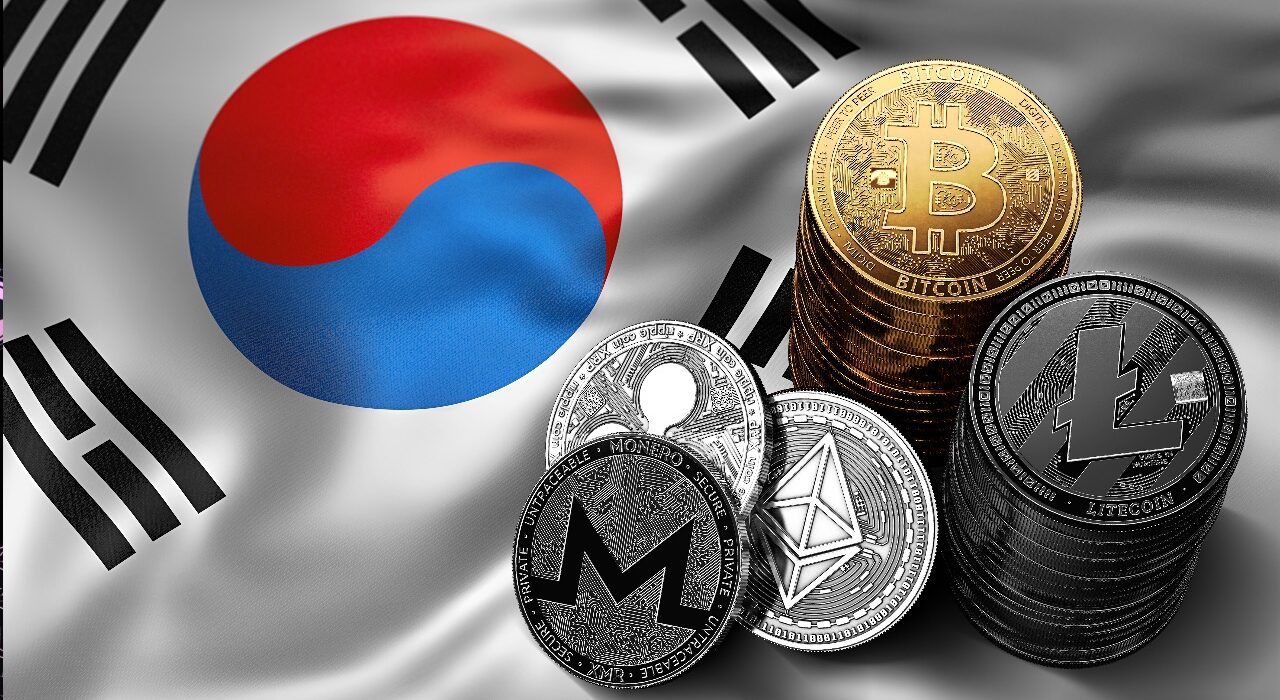South Korean Government Clarifies Crypto Regulatory Roles Among Agencies
The South Korean government has officially outlined the responsibilities of various agencies in overseeing cryptocurrency activities, addressing confusion among industry participants and the public. This announcement comes amid the country’s efforts to regulate the rapidly growing digital asset market.
Adapting to a New Regulatory Landscape
South Korea’s crypto community has faced significant adjustments over the past year as the government introduced new regulatory frameworks tailored to the industry. However, the lack of clarity regarding the roles of different agencies has created confusion among stakeholders.
To address these concerns, the government released a joint statement detailing the responsibilities of various regulatory bodies.
Key Regulatory Roles Defined
Financial Services Commission (FSC)
The Financial Services Commission (FSC) has been tasked with:
- Monitoring virtual asset businesses.
- Establishing regulations for the cryptocurrency sector.
- Ensuring compliance with anti-money laundering (AML) measures.
The FSC will play a pivotal role in shaping the regulatory environment for cryptocurrency firms, ensuring they adhere to strict standards for transparency and security.
Eun Sung-soo’s Role and Controversy
The FSC is led by Eun Sung-soo, who recently sparked controversy with remarks dismissive of cryptocurrency. His comments angered the crypto community, as he denied that authorities had a duty to protect investors in such a volatile market.
However, Eun has since moderated his stance, stating that the government would protect investors who transfer their cryptocurrency holdings to legally registered firms. The joint statement reinforced this by emphasizing the personal responsibility of investors in managing their crypto assets.
Clarification on Crypto’s Legal Status
Despite the regulatory developments, cryptocurrencies are still not recognized as:
- A legal currency.
- A legitimate financial product.
The government cautioned investors about the risks associated with digital assets, highlighting the volatile exchange environment and the absence of guarantees on cryptocurrency value.
Challenges for South Korea’s Crypto Industry
The clarification of regulatory roles comes as South Korea grapples with the challenges of regulating a rapidly evolving market:
- Investor Protection: Ensuring that investors are informed and protected without stifling innovation.
- AML Compliance: Strengthening anti-money laundering measures to prevent illicit activities.
- Market Stability: Addressing the risks of market manipulation and price volatility.
Conclusion
The South Korean government’s joint statement marks a significant step toward establishing a comprehensive regulatory framework for the cryptocurrency industry. By defining the roles of agencies like the FSC, the government aims to provide clarity and foster a safer environment for digital asset trading.
While cryptocurrencies remain unrecognized as legal tender or financial products, the emphasis on investor responsibility and regulatory oversight reflects a balanced approach to addressing the challenges of this burgeoning industry.
Stay updated on the latest developments in cryptocurrency regulation by exploring our article on latest news, where we delve into global trends and innovations shaping the digital asset space.
Disclaimer: The information provided is not trading advice, Bitcoinworld.co.in holds no liability for any investments made based on the information provided on this page. We strongly recommend independent research and/or consultation with a qualified professional before making any investment decisions.




